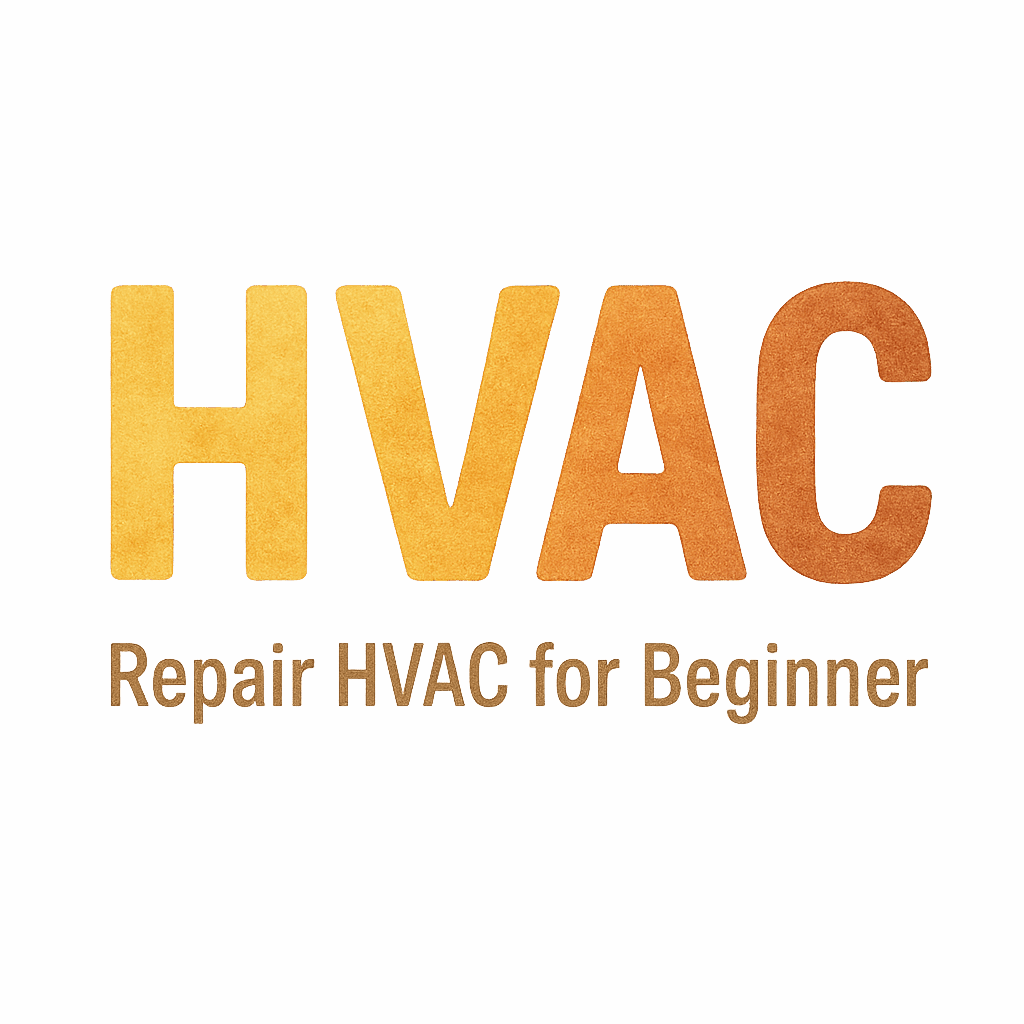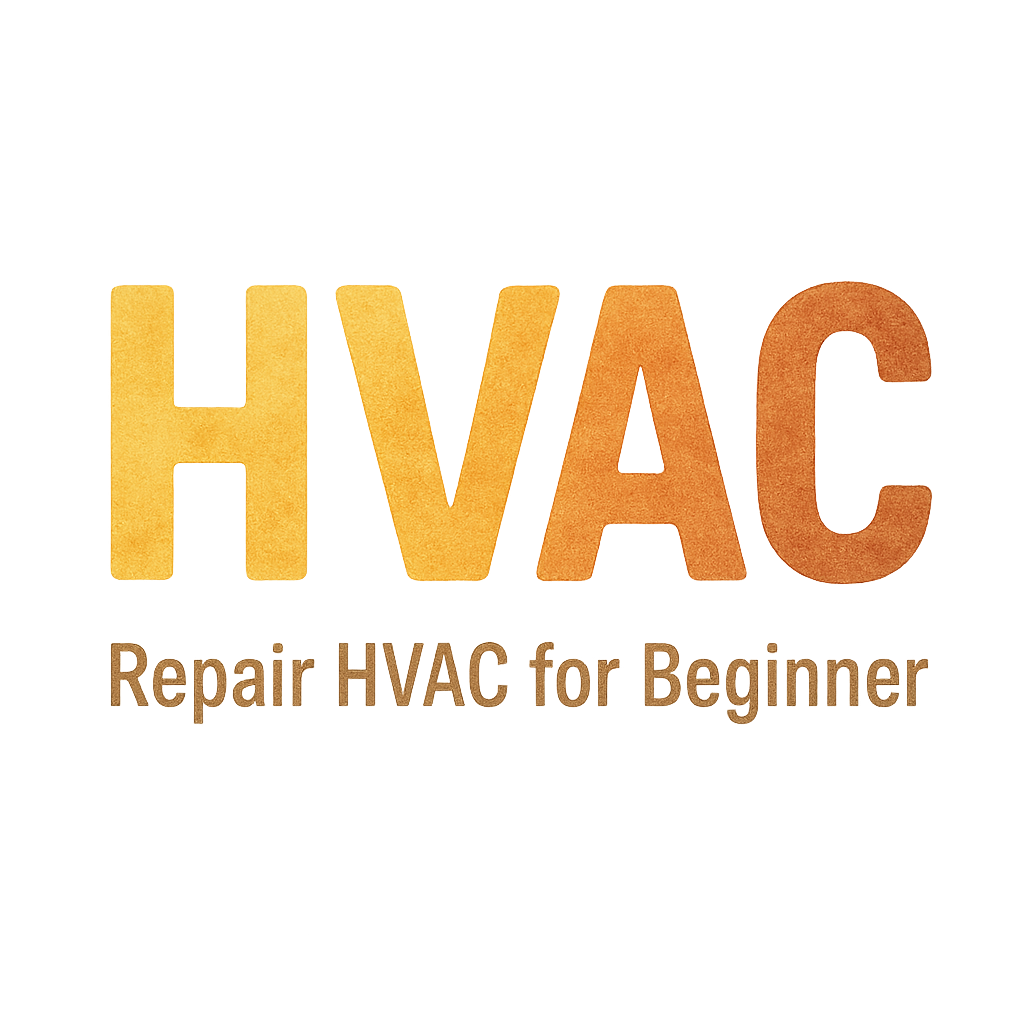Introduction: The Importance of HVAC Cooling Systems
A well-functioning HVAC system is crucial, especially when summer heat makes the indoors unbearable. The cooling system keeps your environment comfortable, ensuring you stay productive and relaxed. However, HVAC systems can experience a range of issues that hinder performance. By identifying common cooling problems early, you can troubleshoot or prevent expensive repairs.
In this article, we’ll explore 9 frequent HVAC cooling problems, their causes, and practical solutions. Let’s dive into how you can keep your HVAC system running smoothly.

Common HVAC Cooling Problems
Your HVAC cooling system could face a variety of challenges over time. Understanding these issues can help you troubleshoot effectively and maintain peak performance. Below are the 9 most common HVAC cooling problems along with their solutions.
1. Airflow Problems
What Causes Poor Airflow?
If your HVAC system is not cooling properly, the issue is often related to poor airflow. Here are some common causes of airflow problems:
- Clogged air filters
- Leaky ducts
- Malfunctioning blower fan
Poor airflow forces your system to work harder, which can drive up your energy bills.
How to Fix Airflow Problems?
- Replace or clean air filters regularly: Clogged filters reduce airflow. Be sure to replace or clean them every 1-3 months. For more tips on filter maintenance, check out our HVAC Maintenance Tips.
- Inspect ducts for leaks: Leaks in ducts waste cool air and reduce efficiency. Learn how to inspect and seal ducts effectively in our Ductwork Troubleshooting Guide.
- Clean the blower fan: Dust accumulation on fan blades can obstruct airflow. Make sure to clean the blower fan periodically.
2. Dirty Air Filters
How Do Dirty Filters Affect Cooling?
Air filters are responsible for trapping dust, dirt, and allergens. Over time, they can get clogged, causing restricted airflow, reduced cooling, and increased energy usage. Dirty filters also strain the HVAC system, leading to longer cooling times.
Easy Solutions for Cleaning or Replacing Filters
- Check and replace filters every 1-3 months: If you have pets or live in a dusty area, replace your filters more frequently. Learn how to properly replace filters in our Beginner’s HVAC Maintenance Guide.
- Upgrade to high-efficiency filters: Consider investing in HEPA filters for improved air quality and system efficiency.
3. Refrigerant Leaks
Why is Refrigerant Essential?
Refrigerant is a vital part of the cooling process in your HVAC system. It absorbs heat from the air inside your home and expels it outside. If your HVAC system is low on refrigerant, it won’t be able to cool properly.
How to Detect and Fix Refrigerant Leaks
- Look for ice on the evaporator coils: Ice buildup often indicates a refrigerant leak. Learn how to identify this issue in our Troubleshooting Guide.
- Call a professional HVAC technician: Refrigerant leaks require professional repair. A technician will recharge the refrigerant and fix the leak.
For more about maintaining refrigerant levels, visit our HVAC System Diagnosis page.
4. Frozen Evaporator Coils
Why Do Evaporator Coils Freeze?
Frozen evaporator coils are often the result of inadequate airflow, low refrigerant levels, or a malfunctioning fan. This issue can stop your system from cooling efficiently, even if the compressor is working fine.
Steps to Unfreeze and Prevent Further Issues
- Turn off the system to allow the coils to thaw: Let the system defrost completely before restarting.
- Replace clogged filters: Clean or replace filters to ensure proper airflow.
- Check refrigerant levels: Low refrigerant can also cause freezing. Have a professional technician inspect the refrigerant levels.
To learn more about maintaining your HVAC system’s performance, check out our HVAC Basics for Beginners page.
5. Thermostat Issues
Common Thermostat Problems
Your thermostat regulates your home’s temperature by controlling the HVAC system. If it’s malfunctioning, your HVAC system may not cool correctly. Common issues include inaccurate temperature readings, incorrect settings, or wiring problems.
How to Troubleshoot and Fix a Thermostat
- Ensure the thermostat is set to cooling mode: Verify that the temperature is set to the desired level.
- Clean the thermostat: Dust and debris can interfere with its performance. Regularly clean the thermostat to ensure it reads accurately.
- Replace a faulty thermostat: If the thermostat is beyond repair, replacing it with a smart thermostat can offer better efficiency and control. Learn more about upgrading your thermostat in our Smart Thermostats Guide.
6. Compressor Failures
What Causes Compressor Failures?
The compressor is responsible for circulating refrigerant in the system. A failing compressor can lead to poor cooling performance. Common causes of compressor failure include electrical issues, overheating, or lack of maintenance.
Solutions to Fix or Replace a Faulty Compressor
- Check the capacitor: A faulty capacitor can prevent the compressor from running. Replacing it may resolve the issue.
- Consult a professional technician: If the compressor is damaged, it may need to be replaced. Reach out to our HVAC Repair Tips for more details on handling HVAC repairs.
7. Ductwork Leaks
How Do Leaky Ducts Affect Cooling Efficiency?
Leaky ducts can significantly impact your HVAC system’s performance. When ducts are damaged, cool air escapes before reaching its destination, resulting in uneven cooling and higher energy consumption.
Sealing Ducts for Better Airflow
- Use duct tape or mastic: Seal small leaks with high-quality duct tape or mastic.
- Schedule professional duct sealing: For larger leaks, consider professional duct sealing services. Explore our HVAC Troubleshooting and Repair guide for more.
8. Clogged Condensate Drain
The Role of Condensate Drain in Cooling
The condensate drain helps remove excess moisture that accumulates during the cooling process. If the drain is clogged, water can back up into the system, affecting its performance and potentially causing damage.
Fixing a Clogged Condensate Drain
- Clear the drain with a wet-dry vacuum: Use the vacuum to suck out any debris clogging the drain.
- Schedule regular maintenance: Annual inspections can prevent clogs and keep your system running smoothly. Learn more about maintenance in our HVAC Maintenance & Cleaning page.
9. Dirty Coils (Condenser and Evaporator)
The Impact of Dirty Coils on Cooling Efficiency
Dirty coils are one of the most common causes of HVAC inefficiency. When dirt and debris build up on the coils, they can’t absorb or release heat properly, resulting in poor cooling.
Cleaning Coils and Preventing Future Build-up
- Turn off the system: Before cleaning the coils, ensure the system is powered off.
- Apply coil cleaner: Use a coil cleaner specifically designed for HVAC systems to remove debris.
- Schedule professional coil cleaning: Regular cleaning by a professional can help prevent dirt buildup. Learn more about cleaning coils in our HVAC System Maintenance guide.
Conclusion: Maintaining Your HVAC System for Optimal Performance
Your HVAC system plays a crucial role in maintaining comfort during hot weather. By addressing these 9 common cooling problems, you can improve efficiency, lower energy costs, and extend the life of your system. Regular maintenance and early detection of issues are key to keeping your system in optimal condition.
For further reading on HVAC system care, check out our HVAC Basics for Beginners or HVAC Repair Tips pages for more helpful insights.
FAQs
1. How often should I replace my HVAC air filter?
Replace your air filter every 1-3 months, depending on the type of filter and how often you use your system. For more filter-related advice, check our HVAC Maintenance Guide.
2. Can I fix a refrigerant leak myself?
Fixing refrigerant leaks requires professional help. A licensed technician should handle this to ensure safety and compliance with refrigerant regulations.
3. How do I know if my thermostat is working correctly?
If the system isn’t responding to changes or the temperature is inaccurate, your thermostat may need to be recalibrated or replaced. Find out more in our Thermostat Troubleshooting Guide.
4. What causes air conditioner coils to freeze?
Frozen coils are often caused by low refrigerant levels or poor airflow, typically due to dirty filters or malfunctioning fans. Learn more about this issue in our Evaporator Coil Care page.
5. How can I improve my HVAC system’s efficiency?
Regular maintenance, cleaning filters, sealing ducts, and scheduling annual check-ups will help your system run more efficiently. For more tips, visit our HVAC System Diagnosis page.
6. What should I do if my HVAC system is blowing warm air?
Check your filters, make sure the thermostat is set correctly, and inspect for refrigerant leaks. If the issue persists, consider professional diagnostics through our HVAC Repair Services.
7. How often should I have my HVAC system serviced?
It’s recommended to have your HVAC system serviced at least once a year, ideally before the start of the cooling or heating season. Visit our HVAC Maintenance page for more information.
Ask ChatGPT


